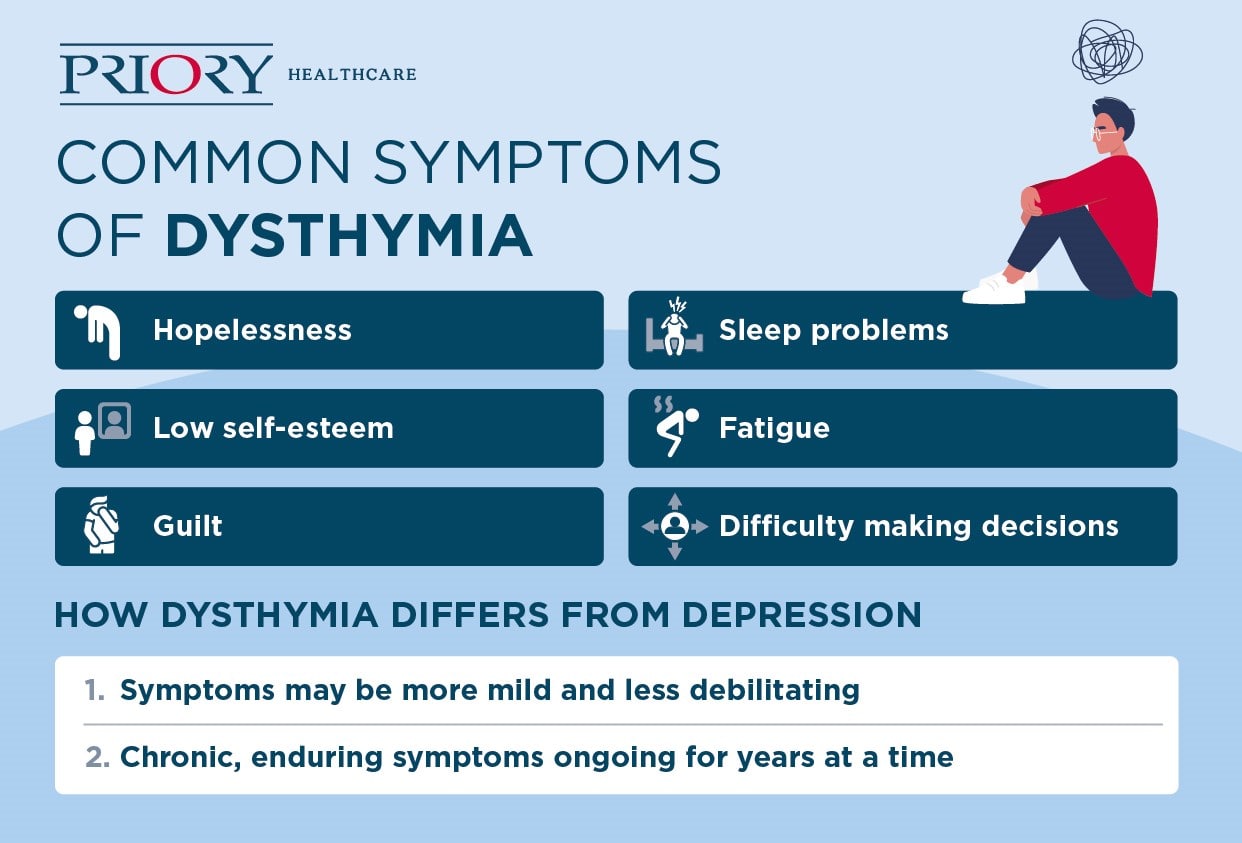Treatment-resistant depression (TRD): signs, symptoms and treatment
Living with treatment-resistant depression can feel discouraging, but recognising the symptoms early means you can explore new treatment options to regain control.
Living with treatment-resistant depression can feel discouraging, but recognising the symptoms early means you can explore new treatment options to regain control.



Even though there are lots of different treatment methods for depression, including talking therapies and antidepressant medications, unfortunately these don’t always work for everyone.
Treatment-resistant depression (TRD) can be diagnosed when your first line of depression treatment, usually involving two courses of antidepressants, hasn’t made you feel better or has only made you feel partially better. Evidence suggests TRD it can affect up to a third of people who have depression.
Ask yourself the following questions:
If you’ve answered ‘yes’ to any of these questions, it’s important that you speak to your doctor, as these might be a sign that your depression is treatment-resistant and you need to try other options.
If your depression treatment hasn’t resulted in the improvements you’d hoped for, this can be very discouraging and can make you feel hopeless about the future. Treating TRD can be a lengthy process as it often involves trying different combinations of techniques until you find the one that works for you. However, it’s really important that you don’t give up. While it can be difficult not to feel disheartened, many people with TRD eventually recover from their symptoms and learn to effectively manage their condition.
TRD symptoms are essentially the same as the symptoms of depression. The difference that might lead to a diagnosis of TRD is that these symptoms tend to persist for a long time and don’t respond to standard ways of treating the condition, such as counselling and antidepressants.
TRD involves five or more of the following depression symptoms, that either respond partially to initial treatment or not at all:

A combination of medication and therapy is often the most effective way to treat TRD. While antidepressants can help to relieve many of the most problematic symptoms of depression, individual or group-based therapy allows you to work with your specialist therapist to understand specific issues or concerns that may be contributing to your illness.
At Priory, we can provide expert treatment for TRD, helping you to overcome your symptoms and start to make progress in your recovery. Depending on the severity of your symptoms, we offer a number of different treatment programmes for TRD. These include:
We are also able to deliver a new and innovative treatment method that has been found to be particularly effective when treating TRD.
Repetitive transcranial magnetic stimulation (rTMS), is a painless, non-invasive and safe treatment method, which uses rapidly alternating magnetic fields to stimulate the areas of your brain that are involved in controlling mood.
If you’re living with TRD, rTMS can help relieve symptoms of depression when therapy and antidepressant medication haven’t been successful. We can offer rTMS at Priory Wellbeing Centre Harley Street, which is one of the few places in the country where this state-of-the-art treatment can be accessed.
“rTMS is a novel and very promising treatment for depression and is safe and effective. It's particularly useful where other treatment approaches haven't worked and has fewer adverse effects than other pharmacological or physical treatments.”
Dr Leon Rozewicz, Consultant Psychiatrist and Medical Director at Priory Wellbeing Centre Harley Street.
Therapy for TRD can help you to:
A method known as cognitive behavioural therapy (CBT) has been found to be very effective in the treatment of TRD. The aim of CBT is to challenge any negative thinking or beliefs you have that may be contributing to your depression, and help you to learn methods of dealing with challenges in a more positive way. It will also help you to address any deep-rooted beliefs that may be holding you back and preventing you from getting better.
CBT sessions also aim to equip you with lifelong coping mechanisms, so there’s less chance of you becoming depressed again in the future.
Find out more about other therapy types that we can use to treat TRD.
We also offer a number of therapy formats when it comes to treating TRD:
Antidepressants are designed to influence chemicals in the brain that are linked to mood, helping to fight depression symptoms.
Making sure you have been taking your prescribed antidepressants at the right dose and length of time to be effective will be the next stage of treatment for TRD. If you have severe or long-term depression, it can take time to find medication that is effective. The challenge is to find a particular type of antidepressant that effectively improves your symptoms where other drugs haven’t.
Switching from one type of antidepressant to another that has different properties can help, while it’s also possible to add a second antidepressant or other medications that aren’t usually used for treating depression. This can be especially useful when you’re feeling some relief from depression symptoms but your condition isn’t completely under control yet.
It may also be that you were not able to take the prescribed medication because of adverse effects. A change of medication will allow us to treat you more effectively with medication that you're able to tolerate.
While you may find it frustrating when several medications to treat your depression don’t work as they should, our consultants will work with you to find the right medication or combination of medications for your individual circumstances.
There are also a number of things you can do yourself, to help manage your TRD and increase the chances of your treatment being a success. Many of these align with coping strategies people use to help to deal with depression:
